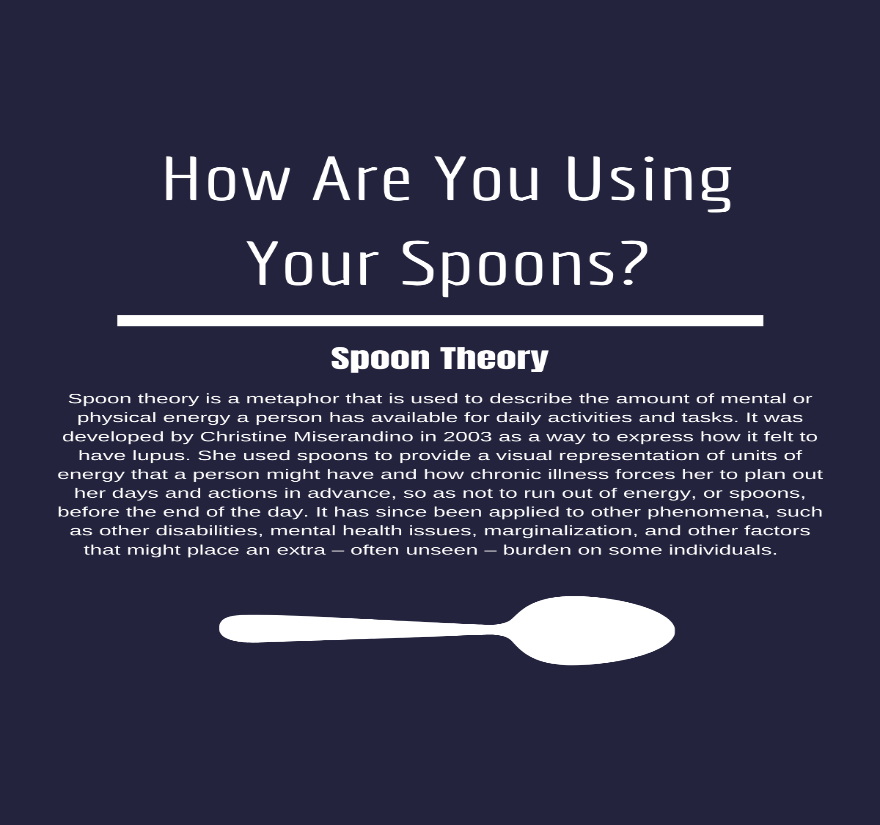- Home
- About
- Blog
- Photos
- AR Summaries
- Year 1
- AR Showcase 2024 – Cohort 11
- Communication
- Energy Enhancers
- Goal Setting
- Managing Stress and Distress
- Mapping My Day
- Meeting My Needs
- Reflection
- Time on Task
- AR Showcase 2020 – Cohort 7
- AR Showcase 2019 – Cohort 6
- AR Showcase 2018 – Cohort 5
- AR Showcase 2017 – Cohort 4
- AR Showcase 2016 – Cohort 3
- AR Showcase 2015 – Cohort 2
- Year 2
- AR Showcase of Schools 2020 – Cohort 6
- AR Showcase of Schools 2019 – Cohort 5
- AR Showcase of Schools 2018 – Cohort 4
- AR Showcase of Schools 2017 – Cohort 3
- AR Showcase of Schools Program 2017 – Cohort 3
- Building a Positive Collaborative Culture
- Creating an Instructional Model
- Implementing Character Education Behavior Programs
- Implementing Teacher Instructional Growth Goals
- Improving Communication
- Instructional Rounds/Walkthroughs
- Restructuring Meeting Time to Improve Teacher PD
- Other
- AR Showcase of Schools 2016 – Cohort 2
- Year 1
- Merchandise
- IPLI Extended
- Cohort 13 Applications
15
SEP
2022
The Spoon Theory
By Mike Pinto, IPLI Mentor, Principal at James Cole Elementary
The Spoon Theory is a metaphor used to describe the amount of mental or physical energy a person has available for daily activities and tasks. Christine Miserandino developed it in 2003 as a way to express how it felt to have Lupus. She used spoons to provide a visual representation of units of energy that a person might have and how chronic illness forces her to plan out her days and actions in advance so as not to run out of energy, or spoons, before the end of the day. It has been applied to other phenomena, such as other disabilities, mental health issues, marginalization, and other factors that might place an extra – often unseen – burden on some individuals.
The Spoon Theory states that we are each given a certain number of spoons to get through our day. It was developed by a person battling Lupus to illustrate that energy comes in shorter demand and is drained faster for people with illnesses. For example, a typical person may burn ‘one spoon’ of energy getting up, getting ready for work, preparing and eating breakfast, and getting out the door. For someone battling a chronic illness, these exercises may cost them 4 or 5 spoons.
In the children’s picture book Spoons by Amy Krouse Rosenthal, the little spoon feels jealous and not worthy of the other utensils in the drawer. He envies the fork and the knife for their unique features and even casts an envious eye on chopsticks. He wishes he was different and wishes he had the gifts the other utensils possessed. Meanwhile, the other utensils shared with him that they were envious of the spoon’s unique shape and make up. They wished they could do all the things he could do. In the end, the spoon realized his gifts were worthwhile and mattered.
We can learn a lot from both of these examples involving spoons. First, we can adapt the Spoon Theory to our own lives. We enter each day with a certain number of spoons; how we choose to use those spoons matters. Sometimes, we may not have the necessary spoons to complete a task and will need to ask for help. We also recognize that we are surrounded if we choose by opportunities to have the spoons in our daily basket sapped away by negativity, drama, and gossip. We all feel that we are running out of the necessary spoons to live a healthy and well-rounded life that doesn’t just involve school and all the responsibilities and activities outside of school. This year, we will remind ourselves that sometimes we choose activities and events that steal our spoons and leave us empty. Sometimes we must choose ourselves first. We also have limited time with students and must decide how we will spend our energy during the day to ensure that we can have the necessary spoons to complete our daily instructional responsibilities. Equally, we must recognize that many of our students have circumstances that require the use of more spoons than their peers to navigate a day. We, as leaders, must realize this and offer grace.
The book Spoons reminds us that our worst enemy sometimes is the chatter in our heads. We look at ourselves, find fault, look at others, and only see highlights. It’s kind of like social media – nobody posts the bad things. They enlarge and study each photo for how their arm, neck, and chin look. They take seventeen pictures and then take four more. Because we do put ourselves up against others, and we do compare. Children do the same thing. The book reminds children that each of them has gifts. We need to be the voice that helps these children understand that. We can help our children by pointing out each of their gifts. We can also use this year as a reminder to highlight what we have that is good and not ruminate on the bad.
This year, let’s remember that we are here for the children. Each child is different. Each child is unique. Let’s also remember that we must protect ourselves from the chatter in our heads and the spoons we are dealt each day so that we have enough to teach to our abilities, leave school, and still live a healthy and productive personal life.

